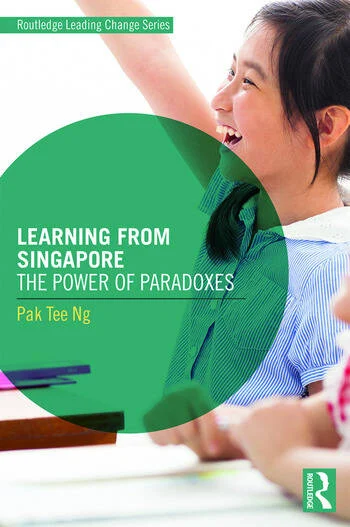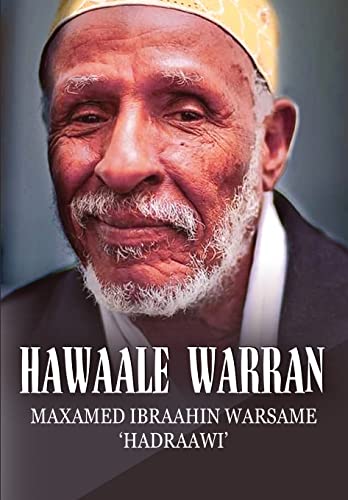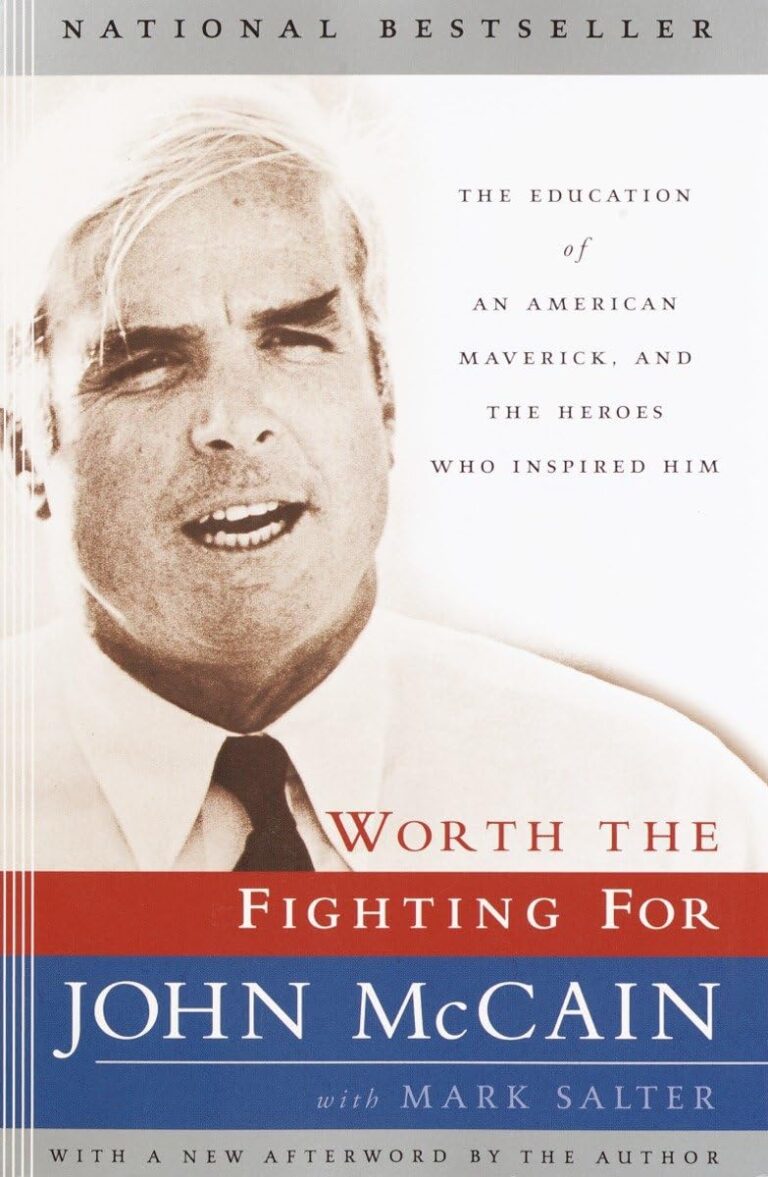Pak Tee Ng’s Learning from Singapore: The Power of Paradoxes provides a profound and scholarly examination of the intricate dynamics that have shaped Singapore’s globally acclaimed education system. The book goes beyond the surface-level success of Singapore’s high international rankings, offering a detailed analysis of the country’s deliberate efforts to reconcile complex contradictions in its education policies. Ng presents Singapore’s journey not just as an educational triumph but as a deeply strategic and thoughtful process that other nations can learn from.
The core of Ng’s analysis revolves around four fundamental paradoxes that capture the essence of Singapore’s educational transformation. These paradoxes reveal how the system maintains a delicate balance between seemingly opposing elements, fostering both excellence and inclusivity.
One such paradox is the tension between Timely Change and Timeless Constants. Singapore has managed to keep pace with global educational demands, embracing innovation without abandoning core principles like academic rigor, equity, and a commitment to human capital development. This capacity for adaptability, coupled with a deep-rooted commitment to foundational values, is a recurring theme throughout the book.
Another crucial paradox is Compassionate Meritocracy, where the country balances a meritocratic system that rewards academic achievement with a strong sense of social responsibility. Singapore ensures that students from disadvantaged backgrounds are supported, reflecting its commitment to equity within its competitive framework. This balance of compassion and rigor is a critical factor in Singapore’s ability to maintain both high standards and broad accessibility.
Ng’s concept of Centralized Decentralization highlights a defining feature of the system: while the education system is centrally governed, schools are granted significant autonomy to innovate and respond to local needs. This approach allows Singapore to maintain national coherence while encouraging creativity and flexibility at the school level. It is this dual structure that fosters both uniformity and innovation, a rare achievement that many other educational systems struggle to attain.
Another transformative philosophy is captured in the paradox of Teach Less, Learn More. This principle marks Singapore’s shift from traditional rote learning toward fostering critical thinking, creativity, and deeper engagement. The system focuses on nurturing students’ ability to think independently, rather than overwhelming them with content. Ng carefully explores how this philosophy has led to a more student-centered approach, where meaningful learning takes precedence over the quantity of material covered.
Ng complements his exploration of these paradoxes with a vision for the future of education in Singapore. He outlines four key aspirations that guide the nation’s educational philosophy. Central to these aspirations is the belief that Every School should be a Good School. Singapore’s commitment to ensuring that all schools, not just elite institutions, provide high-quality education is foundational to its inclusive approach. By striving to make every school an environment where students can thrive, the country seeks to reduce educational inequality.
In this same vein, Ng emphasizes the importance of ensuring that Every Student is an Engaged Learner. The system is designed to nurture curiosity and passion for learning, moving beyond passive absorption of facts. Singapore has worked to develop a culture of active learning, where students are encouraged to participate meaningfully in their own education.
Equally important is the notion that Every Teacher is a Caring Educator. Singapore invests heavily in its educators, not just as deliverers of curriculum but as key figures in shaping the future of the nation. Ng highlights how professional development and leadership are central to Singapore’s educational strategy, and how teachers are positioned as role models and leaders within their communities. This focus on teacher professionalism underscores the country’s long-term investment in human capital.
Furthermore, Ng explores the principle that Every Parent is a Supportive Partner. Singapore’s emphasis on the Home-School Partnership demonstrates the critical role that families play in the educational process. By actively engaging parents in their children’s education, Singapore fosters a more holistic and supportive learning environment that benefits students at every level. This collaborative approach is an essential component of the country’s broader educational success.
What sets this book apart is Ng’s ability to contextualize Singapore’s success within the broader framework of continuous, sustainable reform. Unlike many nations that pursue rapid educational reforms, Singapore has opted for incremental, steady improvements, ensuring both stability and adaptability in the long run. Ng’s examination of this gradual, evolutionary approach offers valuable lessons for policymakers and educators worldwide, emphasizing the importance of long-term planning in the face of emerging global challenges.
The book also tackles one of the less-discussed aspects of education reform; the role of trade-offs. Ng does not shy away from acknowledging that achieving balance between competing priorities, such as maintaining national identity while fostering global competitiveness, requires difficult compromises. However, Singapore’s success in navigating these complexities demonstrates the potential for countries to balance immediate educational needs with a long-term vision for societal progress.
Finally, Learning from Singapore: The Power of Paradoxes is an essential read for educators, policymakers, and academic professionals seeking to understand the forces behind one of the world’s most effective education systems. Ng’s nuanced approach, grounded in both theory and practice, offers a rich, multifaceted understanding of how educational paradoxes, when carefully managed, can drive innovation and equity. This book is not merely a case study of Singapore’s success; it is a masterclass in strategic educational leadership that will resonate with anyone invested in building resilient, inclusive, and future-ready education systems.



